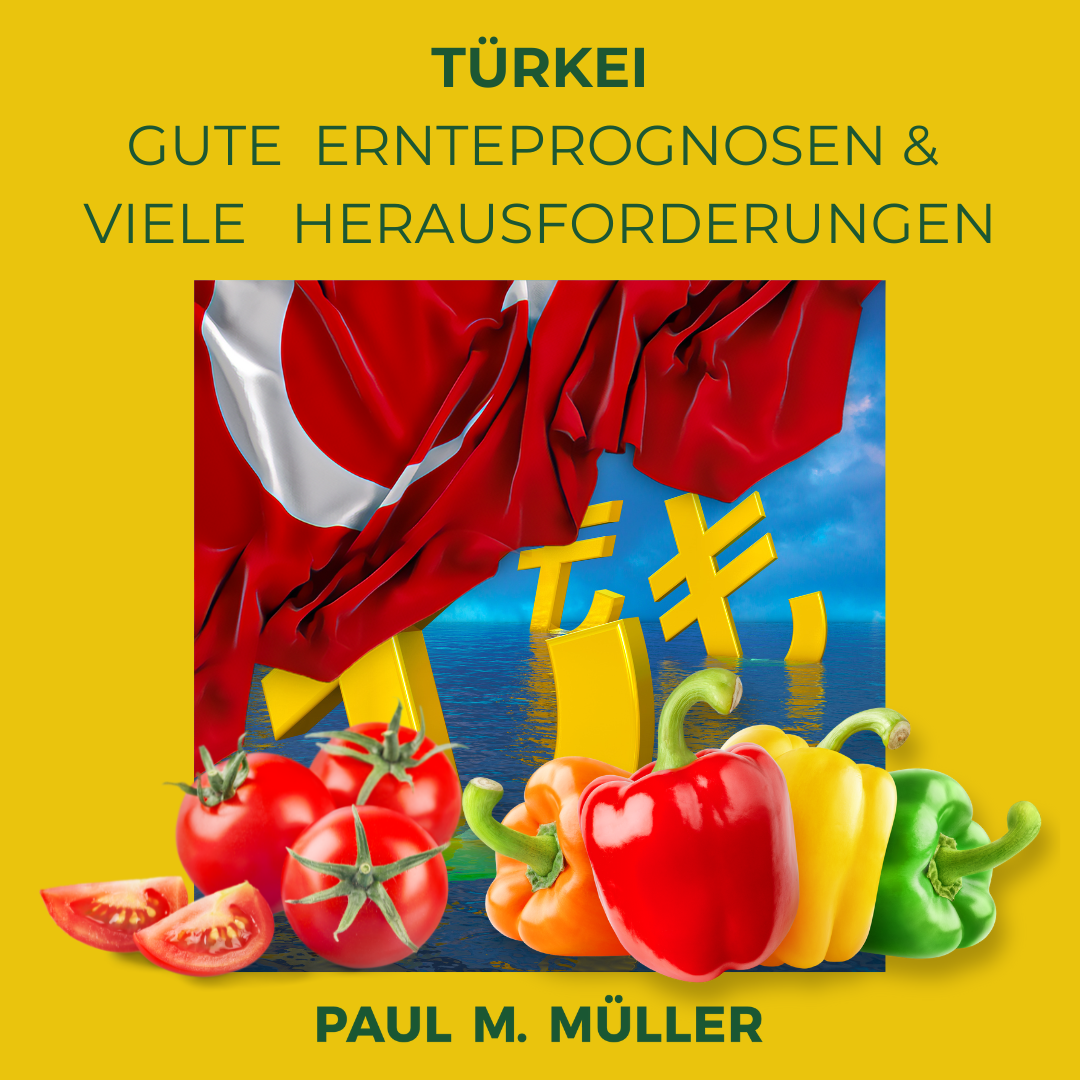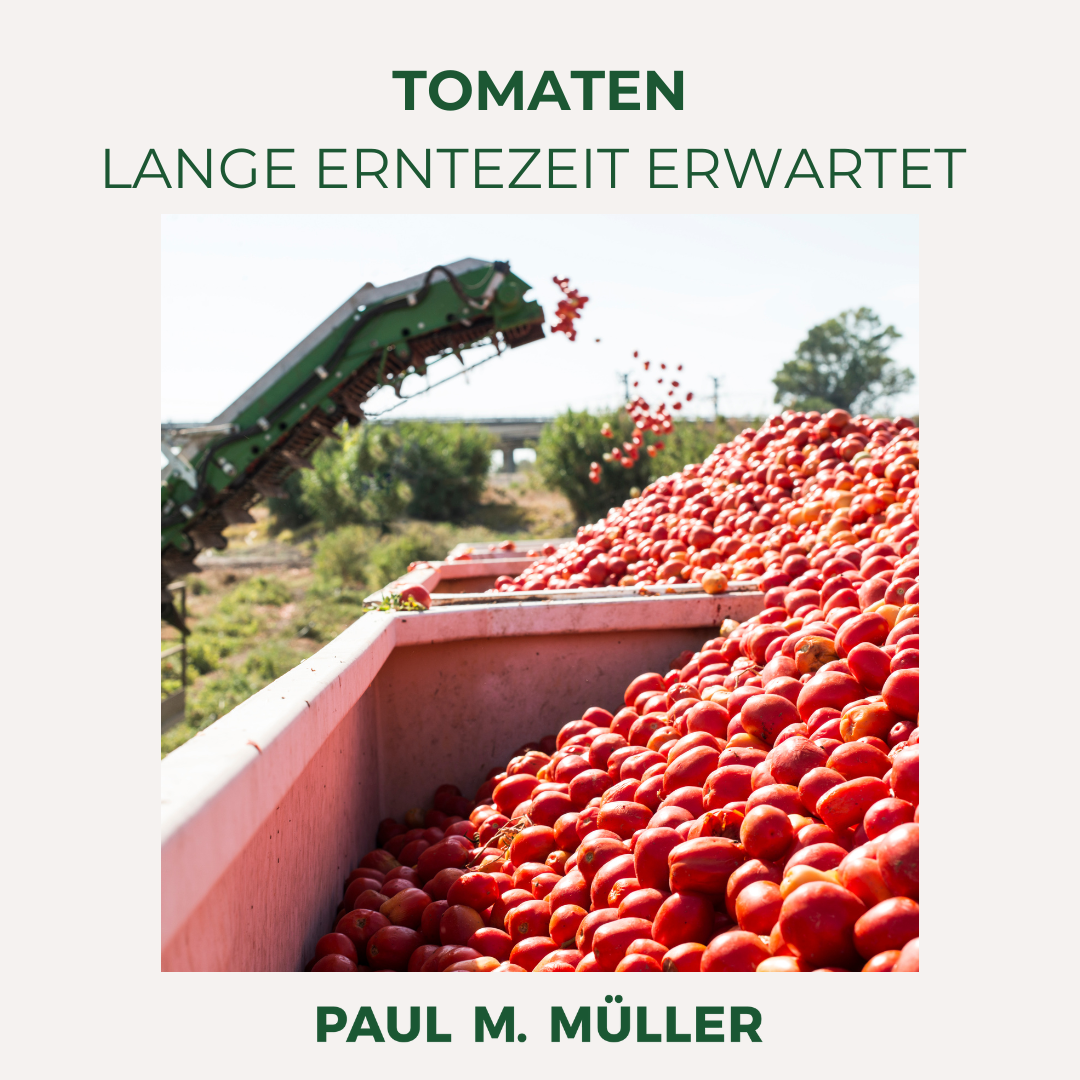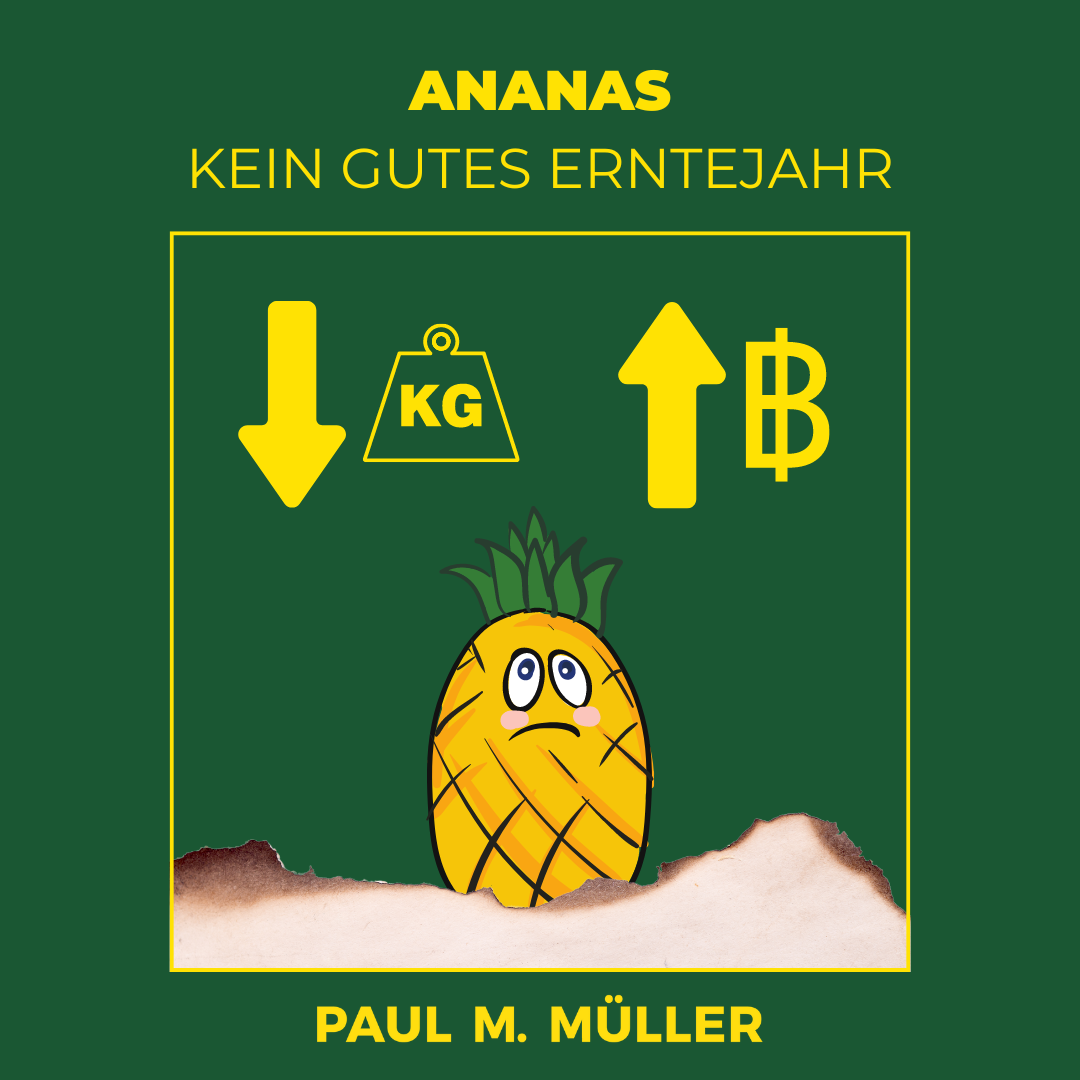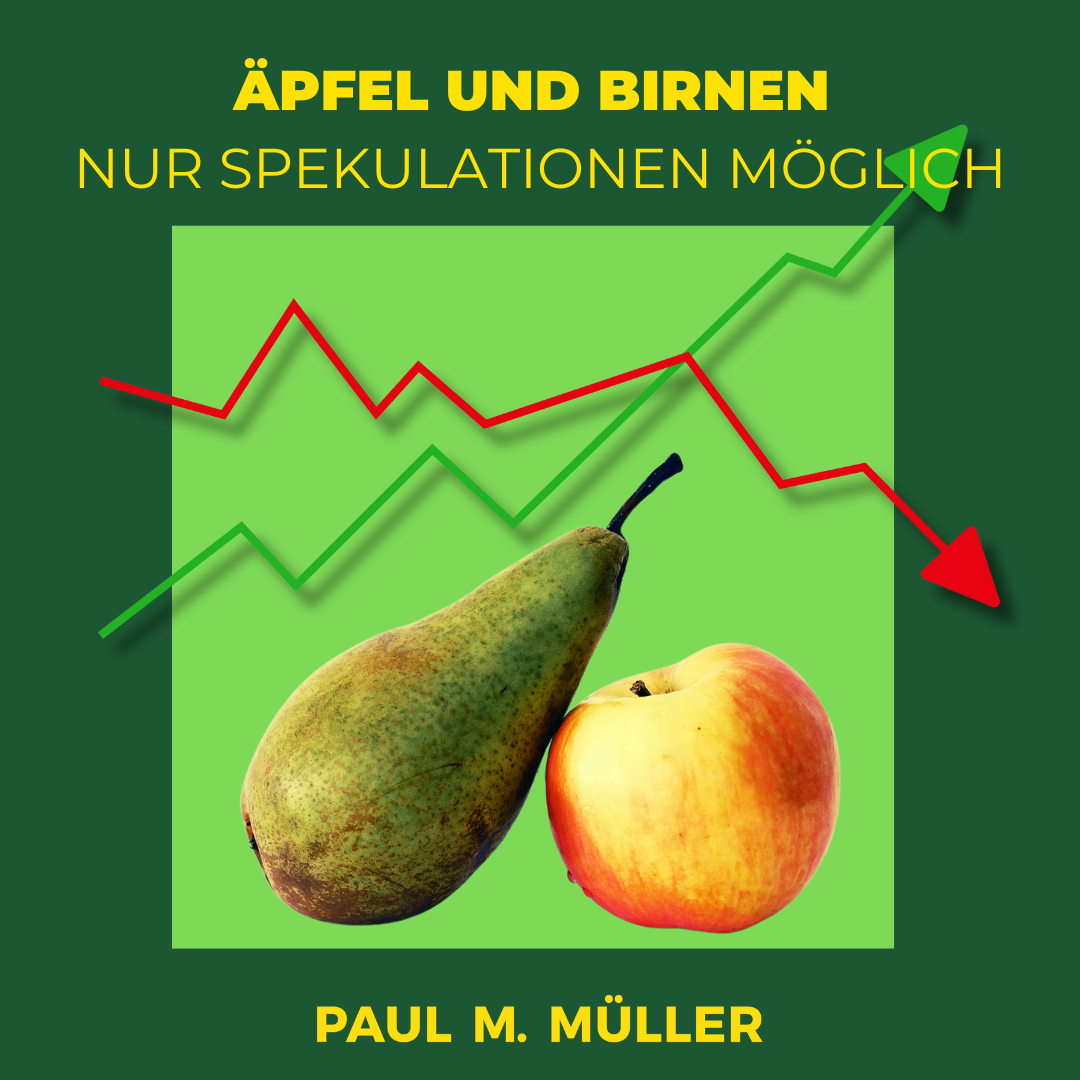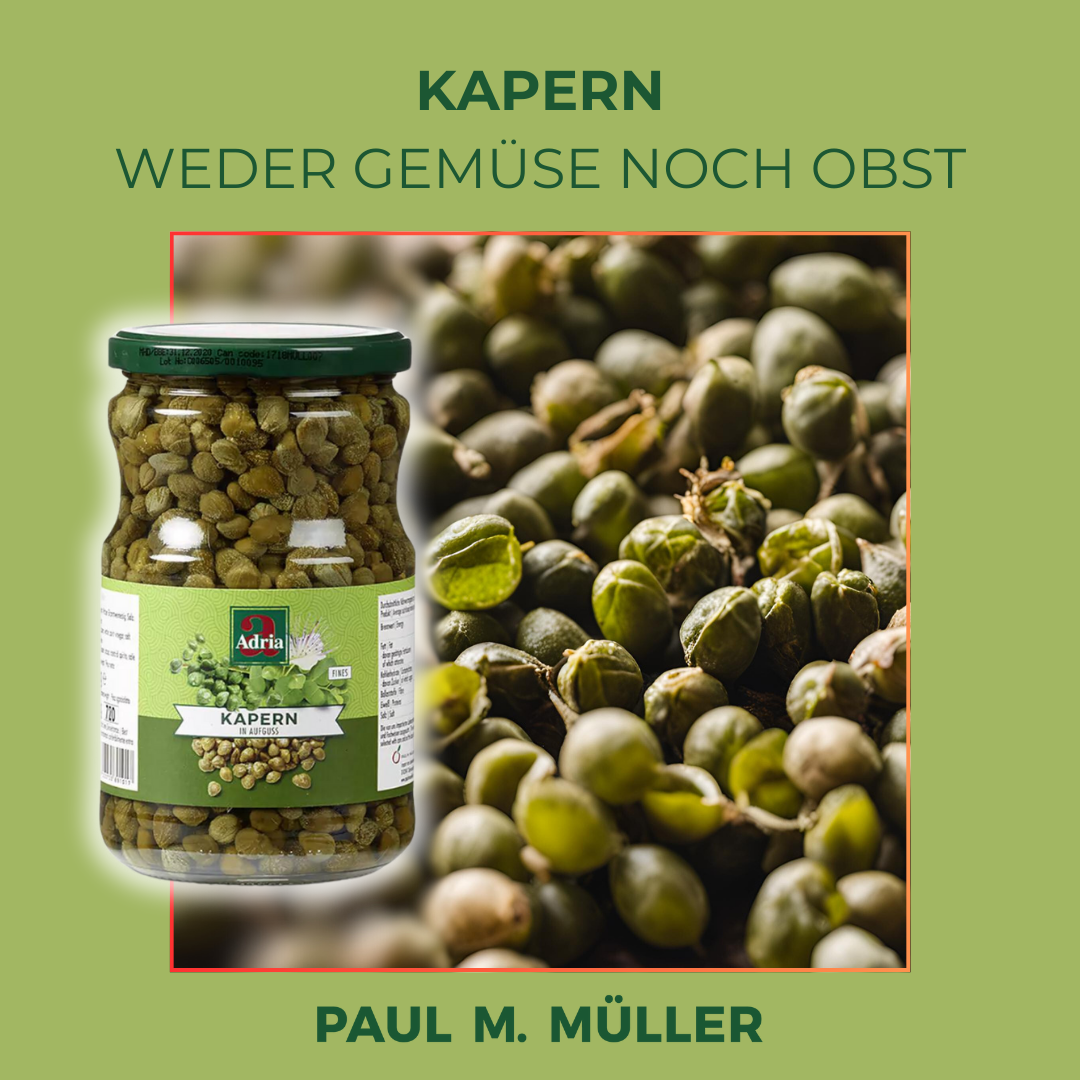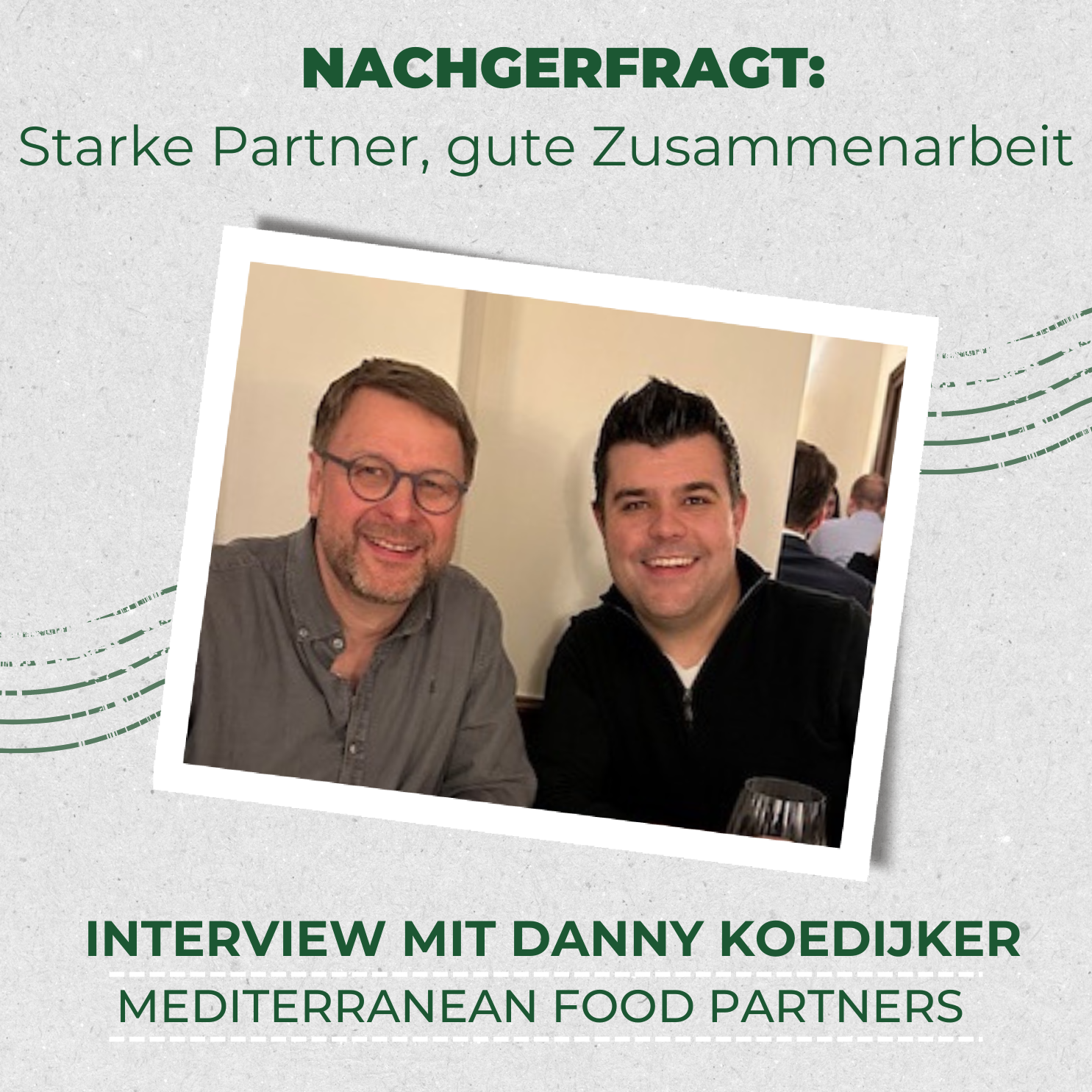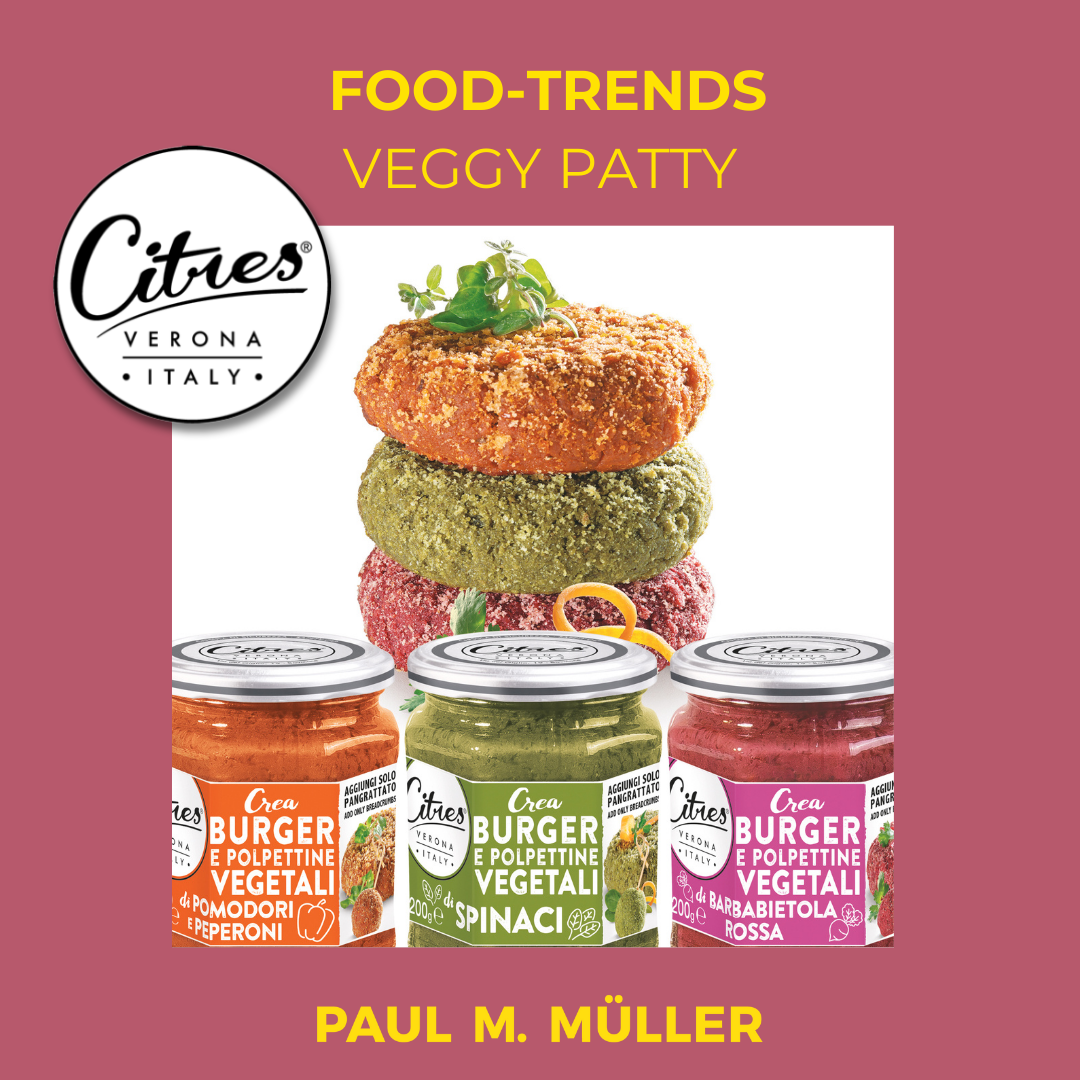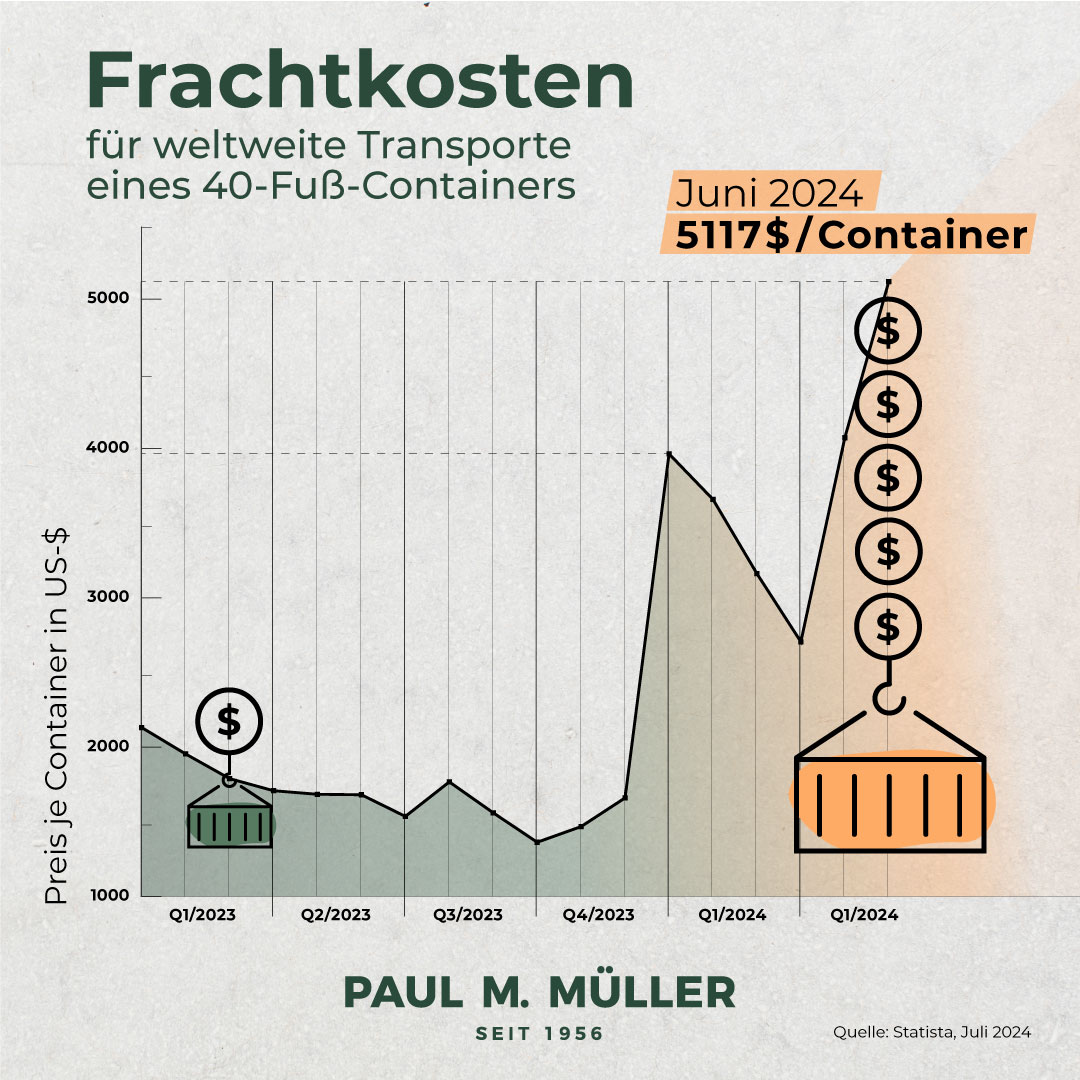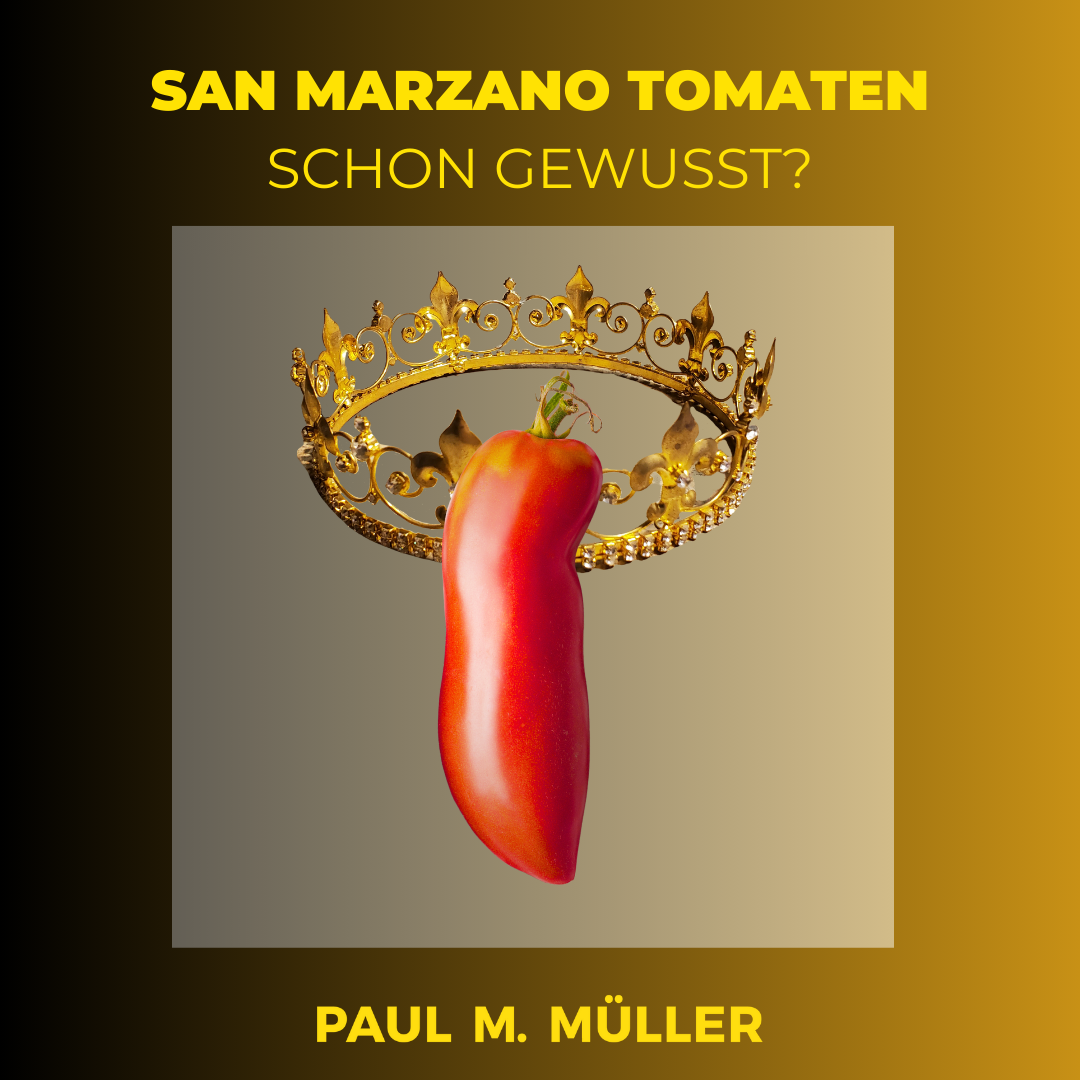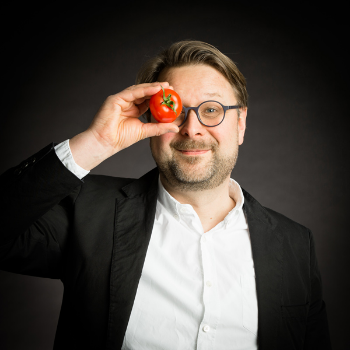PMM: Danny, good to hear you. You're super punctual. We Germans are usually said to be...
Danny Koedijker: Yes. Fortunately, that's also part of our culture.
PMM: What is the division of labor between PMM and Mediterranean Food Partners?
We are the distributor of the ADRIA brand in the Benelux for Paul M. Müller, so we have a really strong partnership with PMM. We talk about market developments to make sure we have a good starting position for our customers in the Benelux market. Both PMM and Mediterranean Food are strong companies that bring their strengths, knowledge and flexibility to the table.
PMM: Who are you in contact with?
I mainly work with Fabian - it's more than just a professional partnership. Fabian and I have a real friendship. The last time I was in Munich, we went to the beer garden. When you can have a beer together in the beer garden, you can say that you're friends and not just in a business relationship. He really keeps us up to date with price developments, crop developments or sometimes even sea freight movements. We definitely have weekly contact, sometimes even daily.
PMM: How important is the ADRIA brand in your region?
The ADRIA brand is very important. PMM has built up the brand over the past 25 years together with the co-owner of Mediterranean Food Partners. We have established a good position in the Benelux market and are trying to maintain and improve it for the future.
PMM: Why do customers like ADRIA so much?
It's the good service. It's the good price. It's the quality. It is the company. The brand is well-known. It has been built up over 20, 25 years.
PMM: What distinguishes the Dutch market from the German market?
I think the markets are quite similar. The difference could lie in the fact that we primarily have higher quality products in the ADRIA range for the customers we supply. Customers pay more attention to quality than price. I think the quality is a bit higher than on the German market. When it comes to peeled tomatoes, the quality in the Netherlands is higher than in Germany. As far as pizza sauce is concerned, the Dutch only want the Sugal brand. It's thicker, so you don't have to add tomato paste or anything like that. In Germany you can see that there are different qualities and that less quality is sometimes okay. Fabian told me that he sells a lot of Egyptian pitted olives. In the Netherlands, there are only Spanish olives because of the higher quality standards.
PMM: Are there any other differences when it comes to food?
The way of living or going out is essentially the same. With one exception: the lunch break. In the Netherlands, it's not customary to go out for lunch. When Fabian is here, we do that too, of course. Otherwise, we just work through our lunch break, eat a slice of bread and that's it. So we Dutch don't take time for our lunch break. This is very different from what I saw in the southern part of Germany when I visited Fabian and Thomas. All the restaurants are full at lunchtime. That's not how it works here.
PMM: What about dinner?
We don't take time for that either. When the Dutch are at home, it only takes 10 or 15 minutes and then we've eaten. People prefer to stay at home, but that's also a question of price. I was just talking to Fabian about the gastronomy news in Germany recently. In the Netherlands, it's no longer fun to go out to eat, even if you order a pizza at home, it's now normal to pay 16 to 18 euros. A piece of meat also costs 32 to 35 euros at the moment. In comparison, pizza is still cheap.
PMM: What makes working with PMM interesting for you?
For us, who live and work in a smaller country than Germany with a much smaller population, consumption is also lower and that's why it's great for us to have a strong partner like PMM at our side. Together we can improve purchasing power. Some items are delivered directly from the country of origin to our warehouse, but we also have the option of loading the goods from PMM's warehouse. PMM's knowledge and experience of the market is also very important to us. For us, it is not just a supplier-customer relationship, but really a strong partnership.
PMM: What are the biggest challenges for the near future?
Climate change is probably the biggest challenge.
PMM: What will change in the Benelux market in particular?
Prices can change, but that's something you can more or less predict. I hope that prices will become more stable.
PMM: What are your plans for the future?
I am positive about the future. Our plan is to grow by taking the right steps. In addition, quality and stability will be the focus for us and our customers. With this in mind, I am confident that we can achieve the right growth in the coming years.
PMM: Thank you very much for the interview, Danny.
Thank you very much. We really appreciate our partnership because thanks to Paul M. Müller we can do what we do. It's a really great advantage to have this partnership. It's something very special. We hope that we can continue with it for many, many years to come.
Thank you for the interview.
For space reasons, we have shortened the interview for the market report in some places. You can find the entire interview and many more with other interesting interviewees on our website.
About the person - Danny Koedijker
Danny Koedijker is 31 years old. He lives in Sneek, in the north of the Netherlands. He founded Mediterranean Food together with Jörgen Bodewes in January 2023; the two are partners in the company. Danny has known Jörgen since August 2018. Before that, he worked at Mediterra, Jörgen's previous company. Danny is married, he and his wife have two sons: Sem is two and a half years old and Mick was born in April 2024.
